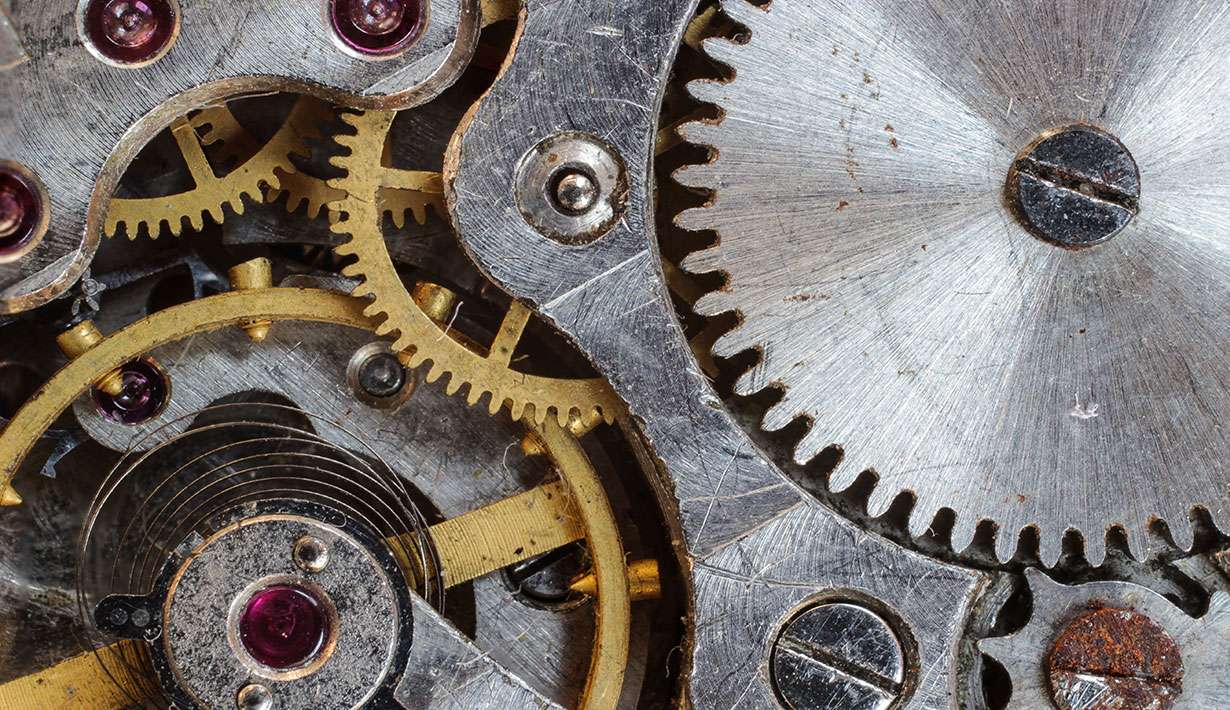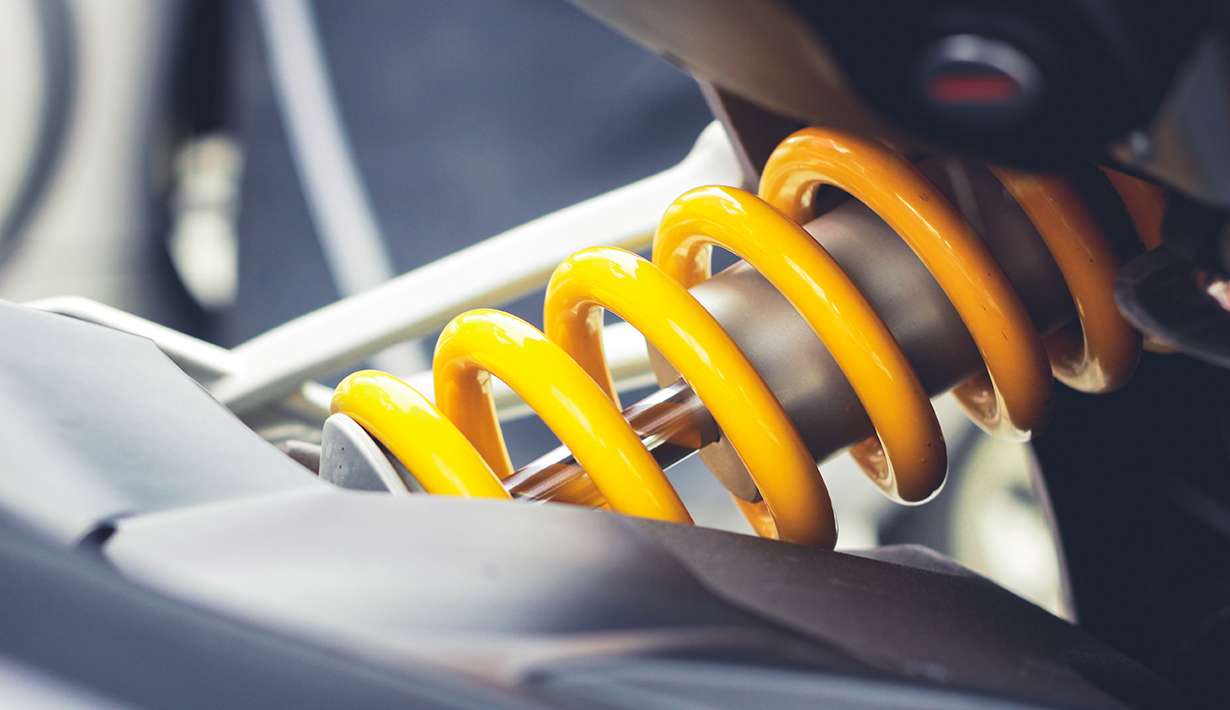What Does a Car Service Include?
Regular car servicing is essential to keep your vehicle running smoothly and efficiently. It ensures that potential issues are addressed early, helping you avoid costly repairs down the road. But what exactly does a car service include? Let’s dive into the key components of a car service and why it’s a vital aspect of vehicle maintenance.
1. Routine Checks and Inspections
During a car service, technicians perform a comprehensive inspection to assess the overall health of your vehicle. Key checks include:
- Fluid Levels: Examining and topping up essential fluids such as engine oil, coolant, brake fluid, and windshield washer fluid.
- Brakes: Inspecting brake pads, rotors, and fluid to ensure safe braking performance.
- Lights and Wipers: Testing headlights, taillights, turn signals, and windshield wipers for proper functioning.
- Tires: Checking tire pressure, tread depth, and alignment to maintain stability and fuel efficiency.
As the saying goes, “Prevention is better than cure.” These routine checks help identify issues before they escalate
2. Oil and Filter Replacement
One of the most critical aspects of a car service is changing the engine oil and oil filter. Over time, engine oil degrades and loses its ability to lubricate engine components effectively. Fresh oil ensures:
- Reduced engine wear and tear.
- Improved fuel efficiency.
- Extended engine life.
“Clean oil is the lifeblood of your engine,” and replacing it regularly keeps your vehicle running like new. – E&K Springs
3. Air and Cabin Filter Replacement
Filters play a crucial role in maintaining air quality and engine performance. A service includes:
- Air Filter Replacement: Ensures clean air intake for optimal engine performance.
- Cabin Filter Replacement: Provides fresh, clean air inside the vehicle by filtering out dust, pollen, and pollutants.
4. Battery Check
A car service involves testing the battery’s condition and charging capacity. This includes checking for corrosion, ensuring proper connections, and replacing the battery if necessary.
5. Spark Plug Inspection
For petrol-powered vehicles, spark plugs are inspected and replaced if necessary. Spark plugs are vital for proper combustion and engine efficiency. Worn-out spark plugs can lead to misfires, reduced fuel efficiency, and poor acceleration.
Conclusion
A comprehensive car service covers everything from routine checks to essential replacements, ensuring your vehicle stays in optimal condition. Regular servicing not only improves performance but also enhances safety and extends the lifespan of your car.
“Take care of your car, and it will take care of you.” By prioritizing regular car servicing, you can enjoy peace of mind and a reliable driving experience every time you hit the road.






Leave a comment
Your email address will not be published. Required fields are marked *